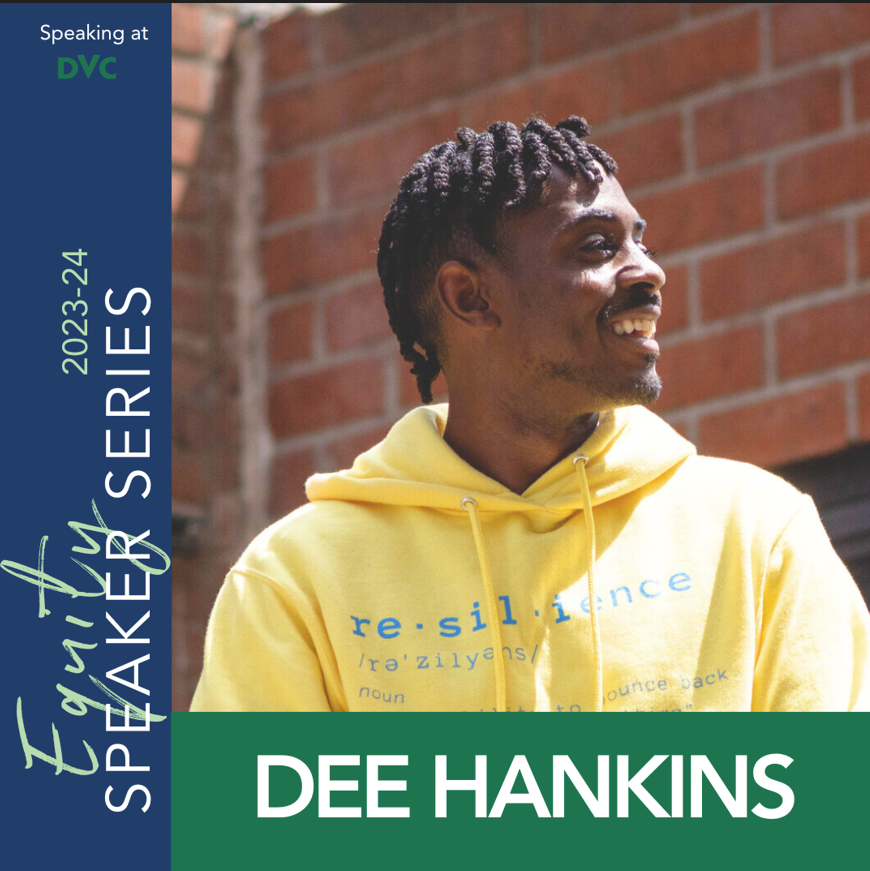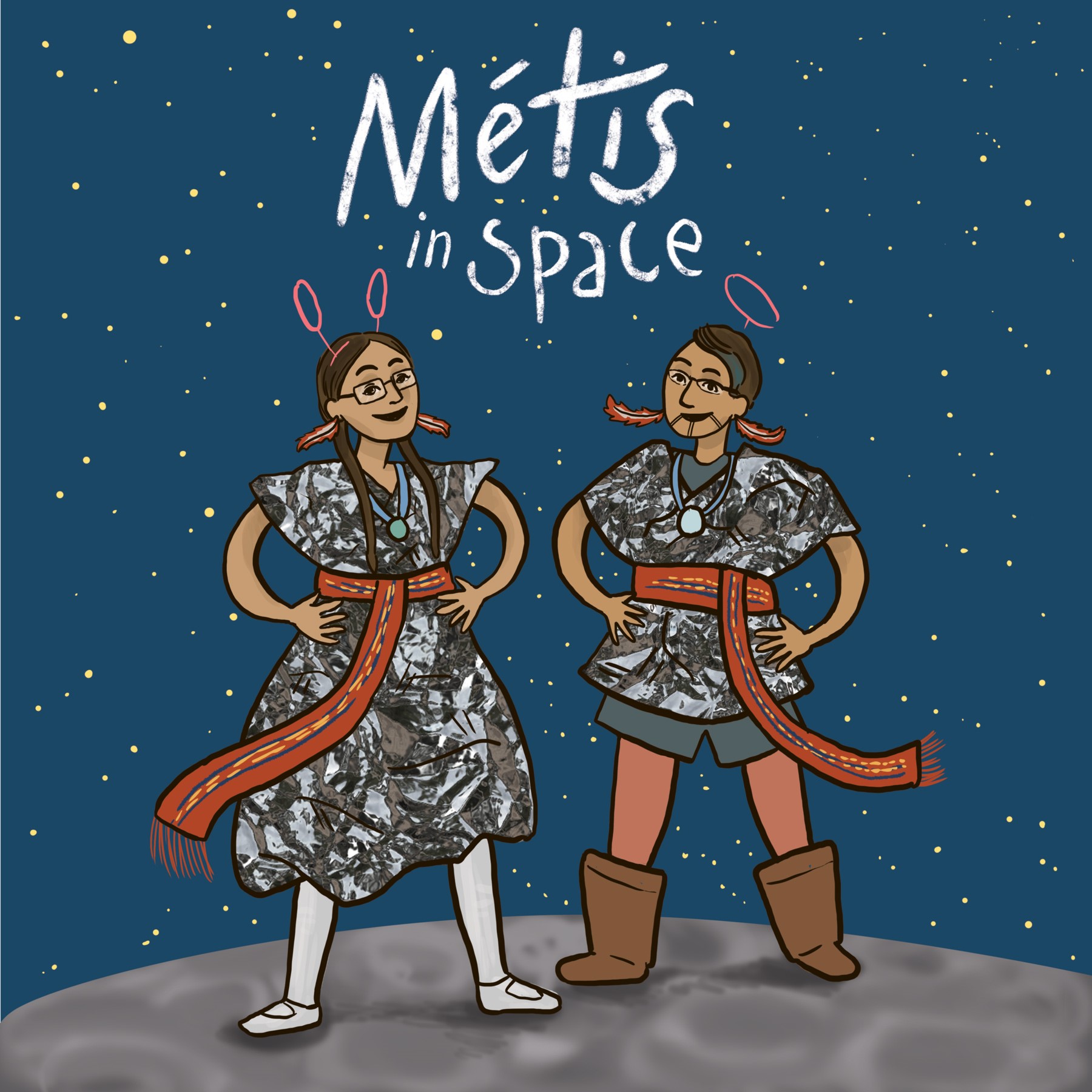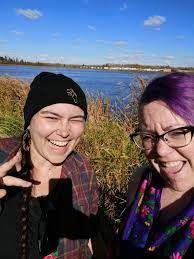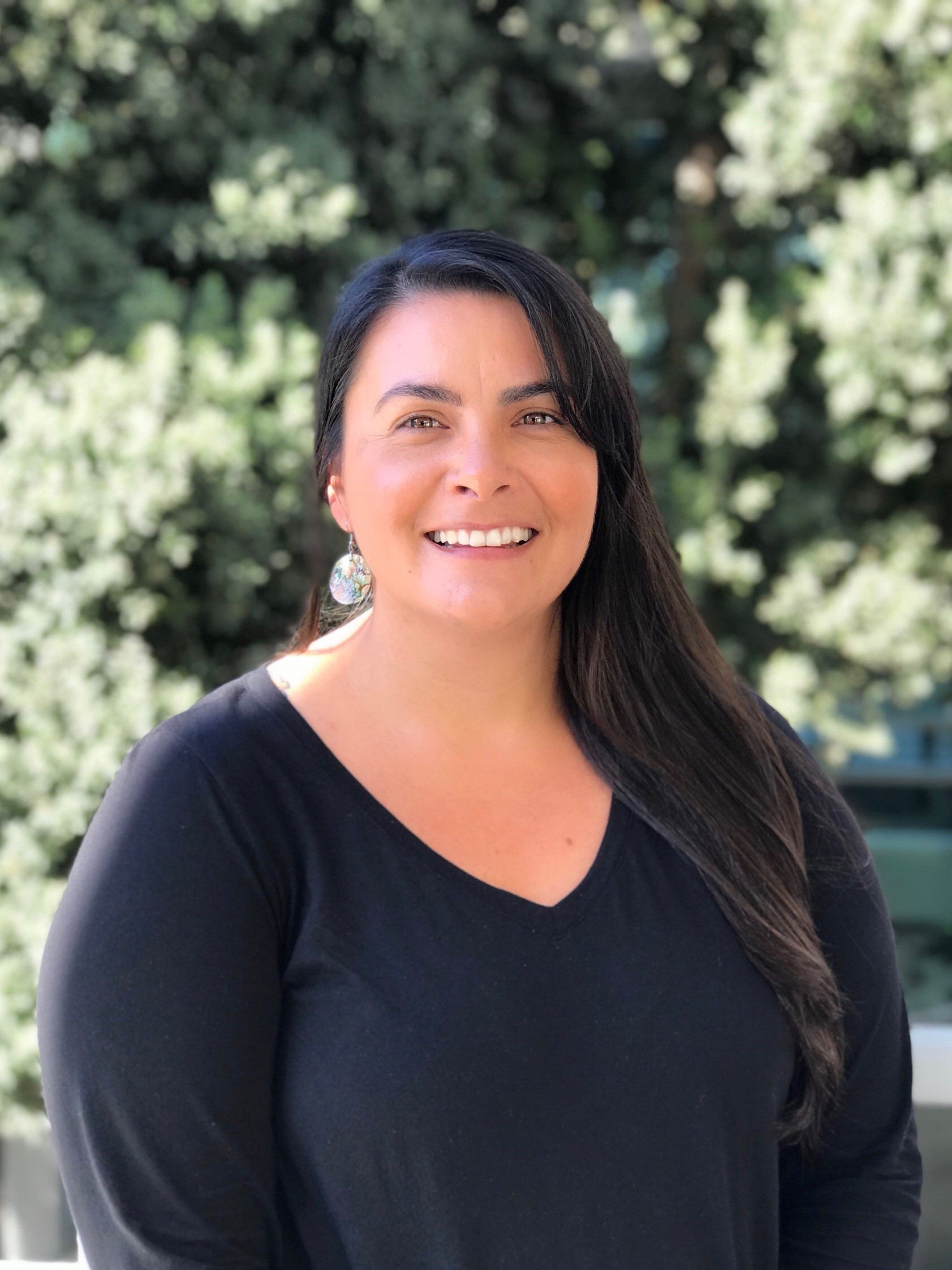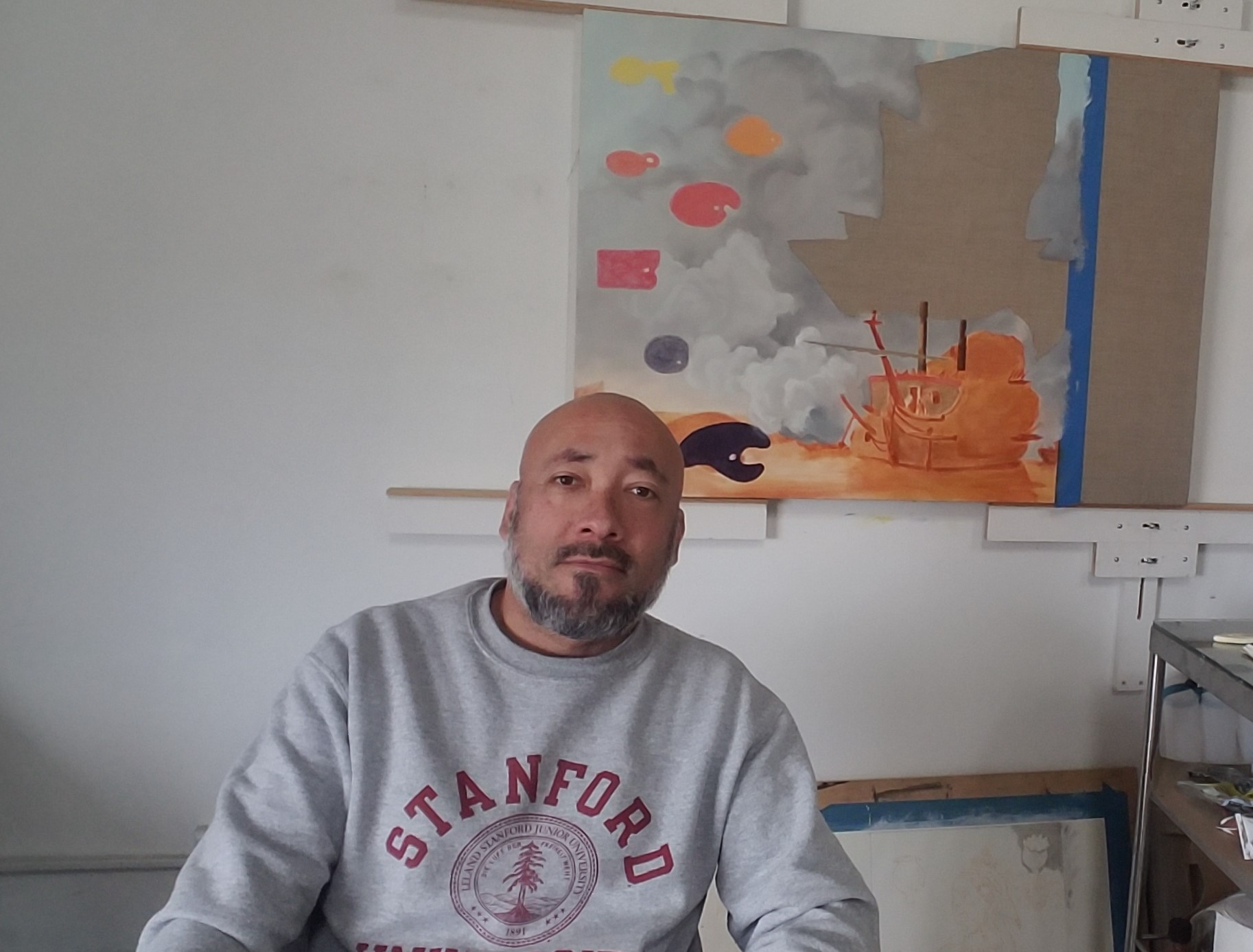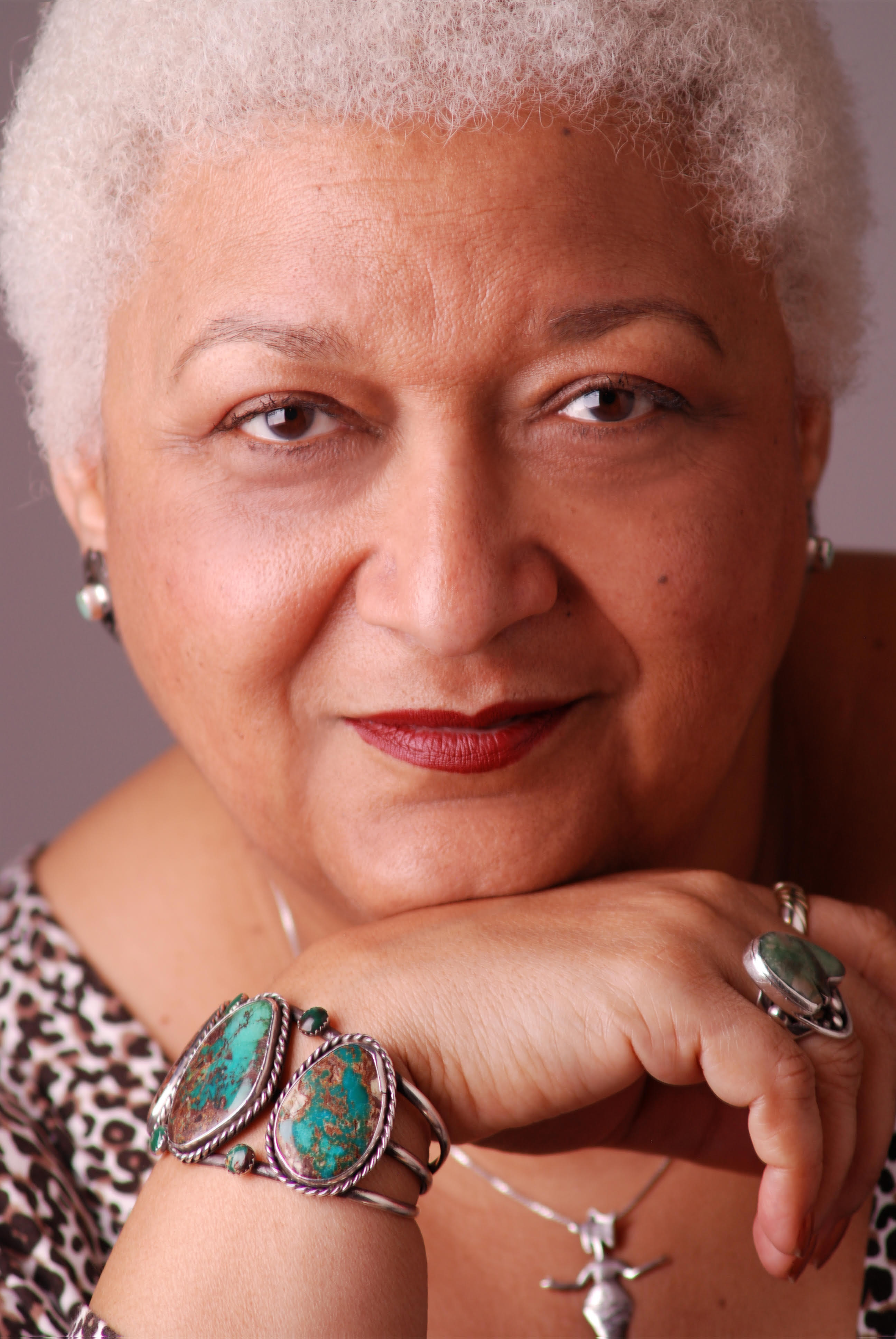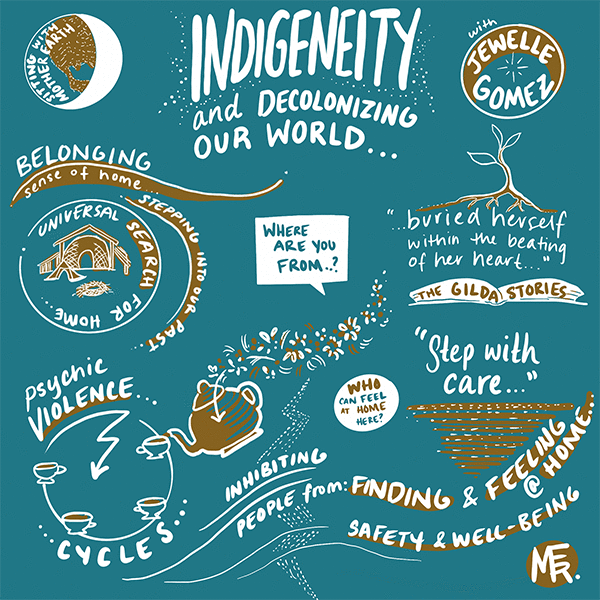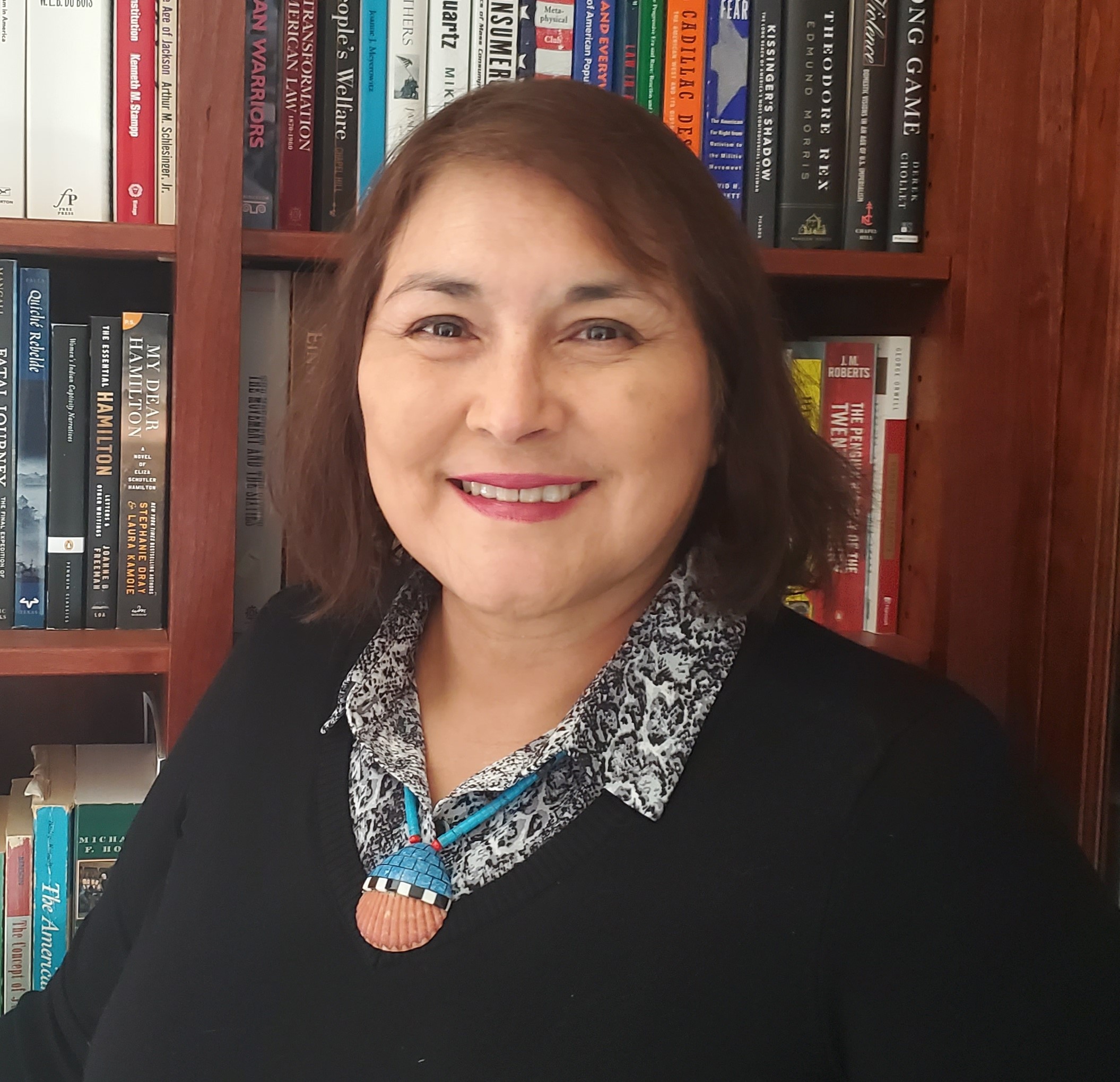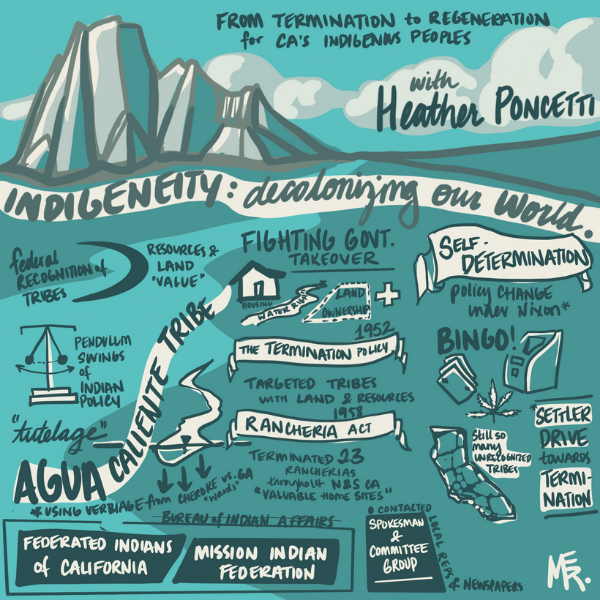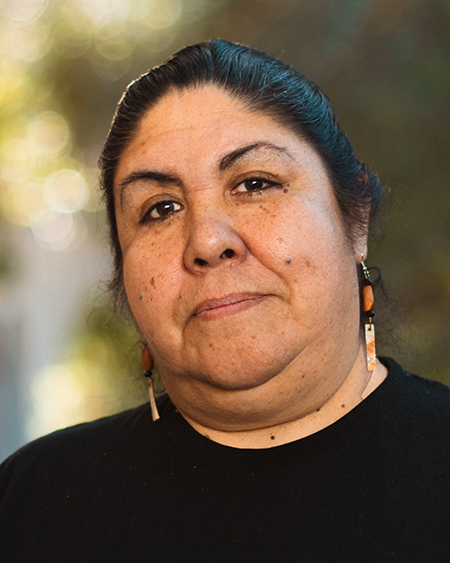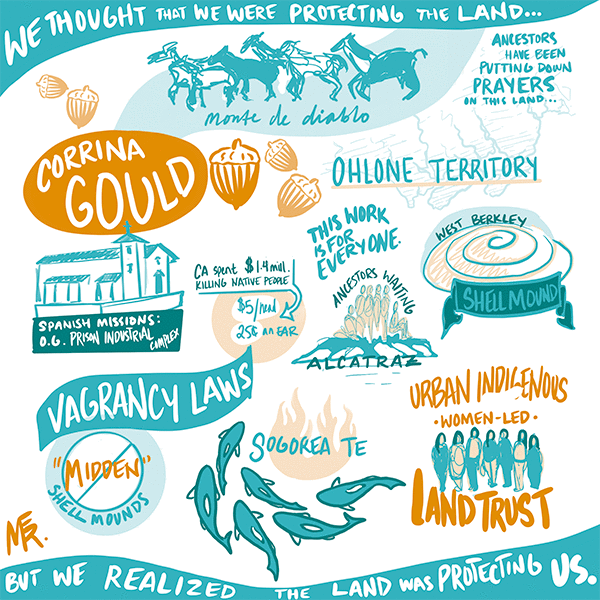Equity Speaker Series 2023-24
We invite you to participate in the 2023-24 Equity Speaker Series we continue in the Year of Action embracing the DVC Student Equity Plan. The DVC Student Equity Plan focuses on addressing outcomes for both foster youth and Black/African American students.
Events are open to our entire 4CD community and the community at large. Please join us!
We encourage you to engage students in your classes and programs. You can use the suggested questions below for discussion or extra credit.
Fall 2023
|
|
Dee HankinsHelping Students Focus on Their ResilienceWednesday, September 20 Life, curveballs, and home runs are the central themes of Dee Hankins' powerful keynotes. As he helps students get through challenging situations with a new sense of hope he gets them to focus on their resilience. Dee’s dynamic approach to storytelling mixed with his real life story of spending 18 years in foster care and watching his daughter battle brain cancer takes the audience on an authentic emotional journey. Dee Hankins knows that life is full of unexpected events but our resilience can turn those experiences into an incredible life lesson. Classroom Questions for Equity Speaker Series: Helping Students Focus on Their Resilience
|
Past Speakers
Health Justice: Reimagining Health and Wellness
We critically examined the social determinants of health and envisioning thriving communities where everyone is cared for.
Health Justice means organizing from the ground up; social change that transforms the current systems of neglect, bias, and privilege into systems—policies, practices, institutions—that truly support healthy communities for all. While access to quality health care is crucial, health justice involves many more dimensions than the availability and distribution of healthcare.
| San Francisco Poster Syndicate - Art on the Street |
Lecture and "Print in Action"Wednesday, April 26, 2:30pm SFPS arose out of the struggle over union organizing at the San Francisco Art Institute. Faculty, students and staff came together to use live screenprinting of posters in support of adjunct faculty. It wasn’t long before SFPS was printing at Fight for Fifteen actions and diversifying to work with many unions supporting teachers, city workers, and airport cleaning staff. From there SFPS has worked on a wide range of issues, recently supporting; Covid protection for workers, creating posters for marches in solidarity with the people of Iran, HIV activist actions. |
| Matthew R. Mock |
Adverse Childhood Experiences (ACE), Intergenerational Experiences of Stress and Trauma: Cultural Strategies for Healing ‘In Community'Wednesday, April 12, 2023 |
| Patricia Zavella |
From Self-Care to Healing Justice: Lessons from Women of Color ActivistsMonday, March 13, 2023 |
| Dr. Khalid el-Hakim |
Black History 101 Mobile Museum : Hip Hop at 50!Wednesday, February 15, 2023 |
| Malkia Devich-Cyril |
The Promise and Peril of Black GriefWednesday, February 8, 2023 |
| Sneha Ayyagari |
Making Social Equity in Climate and Clean Energy RealNovember 9, 2022 |
| Hil Malatino |
Trans Arts of SurvivalOctober 12, 2022 |
| Anu Manchikanti Gomez |
Not going back, but going somewhere worse: Pregnancy criminalization in a post-Roe AmericaSeptember 14, 2022 |
Equity Speaker Series 2021-22: Cultivating Critical Hope
We invite you to participate in the 2021-22 Equity Speaker Series focused on the theme of Cultivating Critical Hope. Critical hope reflects the ability to realistically assess one's environment through a lens of equity and justice while also envisioning the possibility of a better future (Dugan, 2017; Duncan-Andrade, 2009). Critical hope is neither naïve nor idealistic, but remains committed to ideals of justice, reflexivity, and solidarity. Through this theme, the Equity Speakers Series aims to engage our campus community in topics affecting our world and communities and empower us to create a hope-filled vision for social change and justice.
“No master gardener blames the seed for not growing, they know they have to change the soil. You’ve got to license yourself to be audacious.” Dr. Jeff Duncan-Andrade| Sarah Schulman |
UNITED IN ANGER: A History of ACT UP - film and conversation with Sarah SchulmanTuesday, March 22, 2022, 1 - 2:30pm Sarah Schulman—novelist, playwright, screenwriter, non-fiction writer and AIDS historian, as well as author of Let the Record Show: A Political History of ACT UP, New York 1987-1993 — will join faculty member James Wilson in conversation about the documentary film United in Anger: A History of ACT UP, by Jim Hubbard. Schulman, an AIDS activist herself who was in the trenches fighting the epidemic with ACT UP in the face of corporate greed, social indifference, and government neglect, will share strategies for cultivating critical hope when the odds seem to be stacked against justice. |
| Dr. Jeff Duncan-Andrade |
In Search of Critical Hope: an authentic dialogue with Dr. Duncan-AndradeWednesday, February 9, 2022, 1 pm - 2:30 pm Critical hope reflects the ability to realistically assess one’s environment through a lens of equity and justice while also envisioning the possibility of a better future (Dugan, 2017; Duncan-Andrade, 2009). Join our conversation with Dr. Jeff Duncan-Andrade as we collectively gain the necessary knowledge, awareness, and skills for building the critical connections with one another that will sustain us and our leadership efforts in the face of struggle. This interactive session is for all those who want to challenge themselves and their students to engage in critical thinking, who need courage and a sense of solidarity from knowing they are not alone in this struggle, and who also sense a deep undercurrent of hope in taking one step, and then another, toward that better future. |
| Dean Spade |
We're All We've Got, We're All We NeedWednesday, November 17, 2021, 1 – 2:30 PM Capitalism asks us to believe that people are naturally greedy and competitive. However, in times of crisis and scarcity, people more often practice generosity and connection. Our current moment is defined by worsening crises of many kinds--climate crisis, housing crisis, health and child care crises, and other ongoing crises produced and reproduced by capitalism, colonialism, white supremacy and patriarchy. Mutual aid is one name for the work people do in community to provide for each other's basic survival needs based on a shared understanding that the systems in place, not people in need, are to blame for the crisis. This talk will explore why mutual aid is such a significant tactic in this moment, how it is showing up on the front lines of crisis and disaster, how it is different from charity, and what it means to imagine a world based on mutual aid rather than extraction and exploitation. Dean Spade has been working to build queer and trans liberation based in racial and economic justice for the past two decades. He works as an Associate Professor at Seattle University School of Law. Dean’s book, Normal Life: Administrative Violence, Critical Trans Politics and the Limits of Law was published by South End Press in 2011. A second edition with new writing was published in 2015 by Duke University Press. Bella Terra Press published a Spanish edition in 2016. In 2015, Dean released a one-hour video documentary, Pinkwashing Exposed: Seattle Fights Back!, which can be watched free online with English captions or subtitles in several languages. Dean’s new book, Mutual Aid: Building Solidarity During This Crisis (and the next) was published by Verso Press in October 2020. |
| Dr. César Cruz |
Channeling Our Critical Hope Amidst These TimesWednesday, October 13, 2021, 1 - 2:30 pm The session will address the notion of critical hope and intergenerational wisdom amidst multiple pandemics. The event is hosted in collaboration with DVC Dreamers Alliance for Undocumented Student Action Month. Dr. César Cruz, founder of Homies Empowerment - From marching 76-straight miles, to hunger striking for 26 days, Dr. César A. Cruz has dedicated his life to justice. Born in México, he migrated to the U.S. with a single mother. Dr. Cruz is from Jalisco, México of Huichol/Mexica roots. César grew up in South Central L.A. and moved to study at UC Berkeley earning a B.A.-History. A 27-year vet in education, he most recently served as the Dean at Arise High in Oakland. César is the co-founder the Homies Empowerment Program now in its 12th year. The grassroots organization is evolving to become a community-based school for youth who have been given up on. Their mission is to help youth channel the healer, warrior, scholar and hustler within on their journey towards individual and community emancipation. Dr. Cruz is also the author of “Revenge of The Illegal Alien,” and “Bang for Freedom.” He was the first Mexican immigrant male to receive his Doctorate in Ed. Leadership (Ed.L.D.) at Harvard University. Dr. Cruz is considered one of America’s 30 education thought leaders by the Christian Science Monitor. However, he is proudest to be a husband, and father of three children: Olin, Amaru and Quetzali. |
| Alexis Pauline Gumbs |
Lightning Doesn't Like a Lie: Truth and TransformationWednesday, September 8, 2021, 1 – 2:30 pm In this interactive lecture, Alexis Pauline Gumbs will share excerpts from her research on lightning bugs, Audre Lorde's time in Mexico, transformative moments in African American and Afro-Caribbean women's literature, and Black feminist theory to activate a charged level of truth-telling in herself and in the gathered community. Come to this lecture with curiosity and an openness to the possibility of whatever deeper truth is waiting within you. Alexis Pauline Gumbs is a Queer Black Troublemaker and Black Feminist Love Evangelist and an aspirational cousin to all sentient beings. Gumb’s coedited volume of Revolutionary Mothering: Love on the Front Lines (PM Press, 2016) has shifted the conversation on mothering, parenting, and queer transformation. She has transformed the scope of intellectual, creative, and oracular writing with her triptych of experimental works (Spill: Scenes of Black Feminist Fugitivity in 2016, M Archive: After the End of the World in 2018, and Dub: Finding Ceremony in 2020.) Unlike most academic texts, Alexis’s work has inspired artists across form to create dance works, installation work, paintings, processionals, divination practices, operas, quilts and more. Her writing in key movement periodicals such as Make/Shift, Left Turn, and The Abolitionist have offered clarity and inspiration to generations of activists. From 2017 to 2019, Gumbs served as visiting Winton Chair at University of Minnesota where she collaborated with Black feminist artists to create collaborative performances based on her books Spill and M Archive. During that time she served as dramaturg for the award winning world premiere of Sharon Bridgforth’s Dat Black Mermaid Man Lady, directed by Ebony Noelle Golden. Her latest book Undrowned: Black Feminist Lessons from Marine Mammals was released by AK Press in Fall 2020. |
Equity Speaker Series 2020-2021: Indigeneity: Decolonize Our World: Thinking With Indigenous Studies
The Student Equity Workgroup invites you to participate in the 2020-2021 Equity Speaker series. This year we have invited Indigenous scholars from a range of disciplines, from different communities, to consider relationships to land, connections and solidarities across communities, and notions of home, justice, and the future. Indigenous theorizations of struggle, survival, collectivity and resistance offer frameworks that can be helpful in addressing social problems in our communities, including those experienced by the entire planet. Participants are encouraged to attend all the events in the series, as they are designed to build our collective knowledge and facilitate conversations and future work.
The planning committee’s approach to this year’s series has the intentions of curating discussions that can bring rigorous and respectful understandings of Indigenous peoples’ knowledges, cultures, histories, politics, art practices, sciences, and intellectual traditions. The Equity Speaker Series hopes to contribute to a vibrant and dynamic Ethnic Studies Program at DVC. This year’s theme provides us an opportunity to think about, and with, Indigenous studies as an important thread in relation to Ethnic Studies. We hope for an Ethnic Studies Program that embraces a counter-narrative and intersectional approach, invested in the meaning-making and transformation of how we all might live, learn and act. Please join us in this set of critical conversations that will lead us towards strategic and cohesive action.
The objectives of this year's series are to:
- Increase our engagement with Indigenous Studies and Indigenous scholarship
- Foster conversations about connections between Indigenous worldviews and institutional responsibilities
- Create a shared sense of some of the important contributions of Indigenous conceptualizations of relationship, struggle, and futures, to inform our work at DVC
We are thrilled to partner with educators, scholars, and community leaders Eve Tuck and K. Wayne Yang, who will facilitate the series in partnership with team members from the Sogorea Te’ Land Trust.
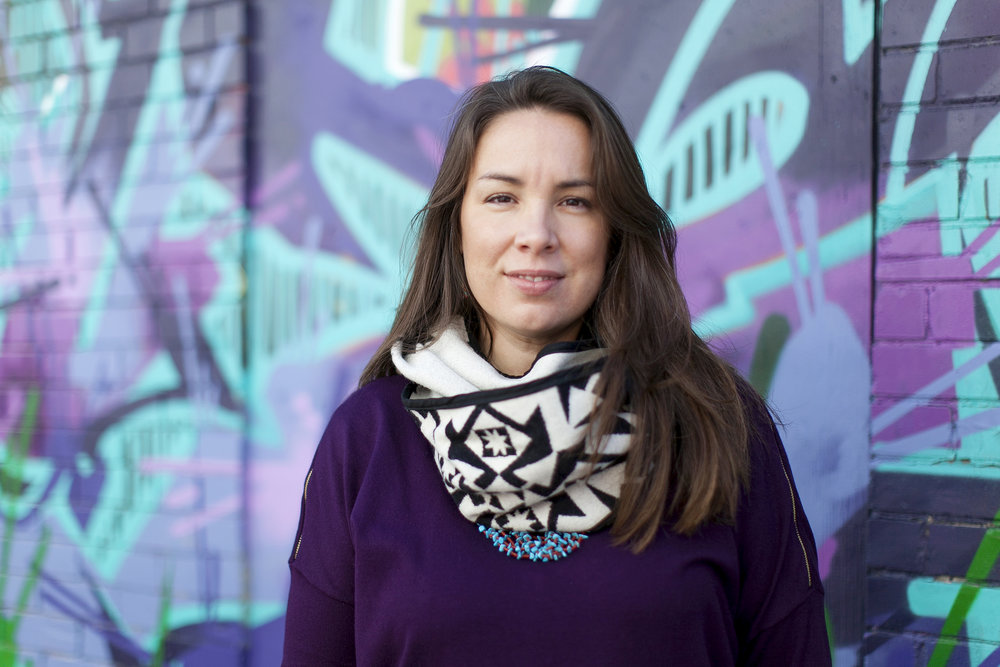
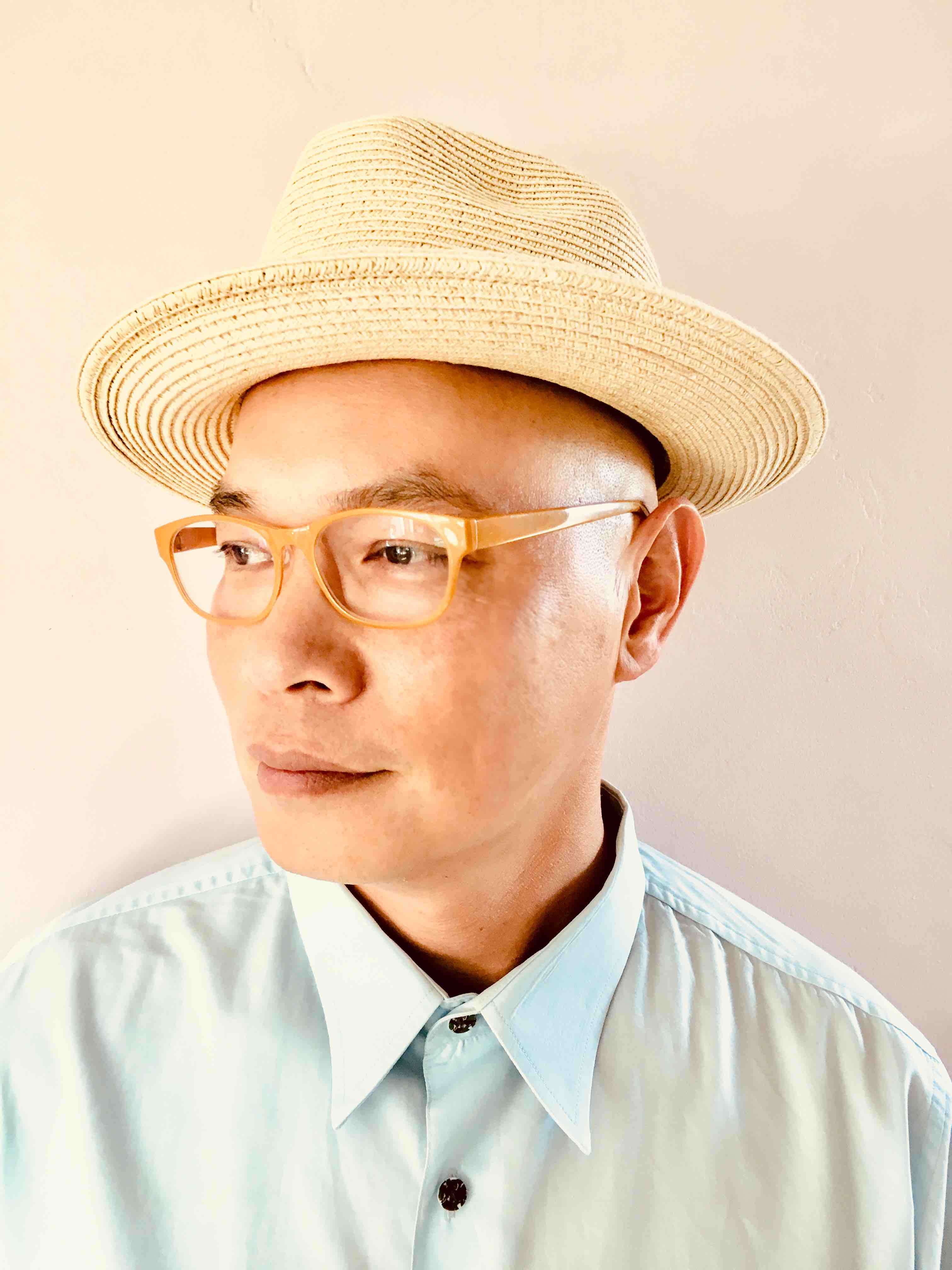 K. Wayne Yang is Provost of John Muir College and Professor of Ethnic Studies at the University
of California, San Diego. His work transgresses the line between scholarship and community,
as evidenced by his involvement in urban education and community organizing. He was
the co-founder of the Avenues Project, a non-profit youth development organization,
as well as East Oakland Community High School, which were inspired by the Survival
Programs of the Black Panther Party. Dr. Yang writes about decolonization and everyday
epic organizing, often with his frequent collaborator, Eve Tuck. Currently, they are
convening The Land Relationships Super Collective with several Indigenous and non-Indigenous
community organizations engaged in land-based projects.
K. Wayne Yang is Provost of John Muir College and Professor of Ethnic Studies at the University
of California, San Diego. His work transgresses the line between scholarship and community,
as evidenced by his involvement in urban education and community organizing. He was
the co-founder of the Avenues Project, a non-profit youth development organization,
as well as East Oakland Community High School, which were inspired by the Survival
Programs of the Black Panther Party. Dr. Yang writes about decolonization and everyday
epic organizing, often with his frequent collaborator, Eve Tuck. Currently, they are
convening The Land Relationships Super Collective with several Indigenous and non-Indigenous
community organizations engaged in land-based projects.
The overall goal of the DVC Equity Speaker Series
Education, equity, and inclusivity, is to provide safe space to identify, discuss and create solutions towards the academic and social challenges our disenfranchised low-income and communities of color face in order to gain access to equitable education and economic resources.
The Education, Equity and Inclusivity Speaker Series will:
- increase engagement and inclusion across multiple identities,
- enhance social equity and institutional access, and
- co-create and support initiatives that promote diversity, social justice, empowerment, and community.
To learn more about DVC's commitment to equity, please read the student equity plan.
|
|
Molly Swain and Chelsea VowelWednesday, April 21, 2021; 1-2:30pm otipêyimisiw-iskwêwak kihci-kîsikohk Métis in Space, hosted by Chelsea Vowel and Molly Swain, is an Indigenous feminist science fiction podcast that brings into conversation critiques of mainstream portrayals of Indigenous people with anti-colonial futurities and imaginings. It is now also a Lac Ste-Anne based Métis futurist landback project: 2Land 2Furious. A two-time Parsec Award nominee, Métis in Space has been invited to record in Vancouver, Edmonton, Winnipeg, and Montréal, and has been featured in/on Vanity Fair, Chatelaine, Bitch Magazine, Briarpatch Magazine, THIS Magazine, CBC, Buzzfeed, Canadian Dimensions, Women at Warp, Flash Forward, A Tribe Called Geek, and Treyf: A Debatably Jewish Podcast, among others. Métis in Space is part of the Indian and Cowboy Media Network, and can be found at metisinspace.com or through purveyors of fine podcasts everywhere. |
|
|
Rick Godinez and Theresa Ambo: Indigeneity: Decolonize our World - Monumental Implications: Land. Acknowledgments. Monuments.Wednesday, March 17, 2021; 1-2:30 pm Theresa Jean Ambo is an assistant professor in the Department of Education Studies at UC San Diego (Kumeyaay territory). Her research examines historical and contemporary relationships between public universities and local Native nations in California to offer institutionally transferable insight on tribal-university relationships and partnerships. Theresa is Tongva and Luiseño and holds a PhD and MEd in Education, and BA in American Indian Studies from UCLA (Tongva territory). Rick Godinez is a Bay Area visual artist, painter, and professor of art, whose work deals with themes of history, identity, and power. He earned his BFA from San Jose State University, and his MFA from Stanford University. He has taught at Ohlone College, San Jose City College, Mission and West Valley College, the Palo Alto Art Center, and Stanford University. He has exhibited at The Lab, Kearny Street Workshop, and Galeria de la Raza in San Francisco, the San Jose Center for Latino Arts, Triton Museum of Santa Clara, and Appalachian State University, Boone, North Carolina. He has participated in artist panels at the Museum of the African Diaspora and de Young Museum, San Francisco, and was a speaker and Rockefeller Protégé Travel Grant recipient at the 1993 College Art Association Conference in Manhattan. This session will cover practical recommendations for university leaders, faculty, and staff on how to engage Indigenous colleagues, students, nations with a focus on California Native Nations and their members. The session will also include a discussion on the sculpture End of the Trail. James Earle Fraser’s sculpture End of the Trail can be read as a sympathetic statement about the plight of the indigenous peoples driven from their lands by the relentless western expansion of the United States. But its exhibition at the Pan-Pacific International Exposition in 1915, and its current display at the National Cowboy & Western Heritage Museum, suggest instead a sculpture that symbolizes the concept of Manifest Destiny itself; the ideology that rationalized the dislocation and demise of indigenous peoples as the inevitable consequence of progress. |
|
|
Jewelle Gomez: Indigeneity: Decolonize our World - What Do We Mean By Home? - Finding an imaginary placeWednesday, February 17, 2021; 1-2:30 pm Jewelle Gomez (Cape Verdean/Ioway/Wampanoag) is a writer and activist and author of the double Lambda Award-winning novel, The Gilda Stories. Her fiction, essays, criticism and poetry have appeared in numerous periodicals. Among them: The San Francisco Chronicle, The New York Times, The Village Voice; Ms Magazine, ESSENCE Magazine, The Advocate, Callaloo and Black Scholar. Over the past two hundred years one being has been welcomed at universities, bookstores, book clubs as well as rural farms, nightclubs and the future: that's Gilda, the feminist, indigenous, vampiric adventurer of the novel The Gilda Stories. Originally published in 1991, the book and the character have become cult favorites, tapping into contemporary societal concerns about racism, sexual assault, community building and abuses of power, while riding the wave of eternal life. The author will read from sections of the novel, discuss how they were conceived, and discuss how her own intersectional background informs her writing.
Visual Notes created by Maisie Richards. View more work by Maisie on her instagram @maisiemadeit and website |
|
|
Heather Ponchetti Daly, Ph.D. - Indigeneity: Decolonize our World - From Termination to Regeneration for California Indigenous PeoplesWednesday, November 18, 2020; 1-2:30 pm Heather Ponchetti Daly received her Ph.D. in History from UCLA with her dissertation titled, “American Indian Freedom Controversy: Political and Social Activism by Southern California Mission Indians, 1934-1958.” She is a tribal member of the Iipay Nation of Santa Ysabel and is determined to bring diversity to standard American historical discourse. Currently, Dr. Daly teaches Environmental Law & Federal Indian Policy and Indigenous Approaches to Climate Change in Muir College at and Native American History and Native American Studies classes in Ethnic Studies at UC San Diego. Her studies focus on California Native American History and Native Environmental Studies. Dr. Daly is involved in the UCI History Project, which provides an institutional framework to history teachers (K-12) to include Native American voices in the California. The session will cover the Frederick G. Collette and the California Federated Indians, their fight against the Bureau of Indian Affairs and how that fight led to the 1958 Rancheria Act. Dr. Ponchetti Daly will discuss how the resilience of the people led to getting some of their lands back. Visual Notes created by Maisie Richards. View more work by Maisie on her instagram @maisiemadeit and website. |
|
|
Corrina Gould - Indigeneity: Decolonize our World - Colonization, Decolonization and Rematriation on Ohlone LandWednesday, October 21, 2020; 1-2:30pm Corrina Gould is the spokesperson for the Confederated Villages of Lisjan/Ohlone. She was born and raised in Oakland, CA, the territory of Huichuin. She is a lifelong activist that has worked on preserving and protecting the ancient burial sites of her ancestors in the Bay Area for decades. Corrina is the Co-founder and a Lead Organizer for Indian People Organizing for Change, a small Native run grassroots organization and co-founder of the Sogorea Te Land Trust, an urban Indigenous women’s community organization working to return land to Indigenous stewardship in San Francisco’s East Bay. We live in a country founded on genocide and slavery, built on stolen land, and stolen lives. Black and Indigenous peoples share a deep wound from these foundational violations. Corrina Gould spoke about the land that Diablo Valley College is on, Karkin Ohlone land, and the past, present and future activism of Ohlone peoples, and Indigenous and non-Indigenous visitors to restore right relationship to the land and to one another.
Visual Notes created by Maisie Richards. View more work by Maisie on her instagram @maisiemadeit and website. |
Equity Speaker Series 2020
April 14, 2020: Art Hazelwood - Stories to Inspire Protest
Art Hazelwood has made a career of investigating the history of political print in the Bay Area from the 1930s to the present. In addition to exhibiting and publishing on his research, he is also himself a creator of political posters and has worked with unions, homeless rights organizations and the San Francisco Poster Syndicate to utilize political graphics as a tool in the struggle for social justice. Art Hazelwood will present an overview of the history of political graphics, focusing on their diverse functions and what makes them so impactful.
March 3, 2020: Dr. Fatima Alleyne - Stories to Catalyze
Dr. Fatima Alleyne began her educational journey as a community college student in New York. While raising a family, she relocated to California where she attained an MS and a PhD in Materials Science and Engineering from UC Berkeley, where she is now the Director of Faculty Engagement for Equity and Inclusion at the College of Engineering.
In 2016, she was elected to the Contra Costa County Board of Education and in 2018 became the first African American to serve as president of the board. In her talk, Dr. Alleyne will address the strategies she used to overcome obstacles on her educational journey, how she learned to listen to her own voice, and how to increase successful outcomes for students of color.
February 19, 2020: Don Reed - Stories to Enlighten
Don Reed is a multi-talented actor, writer, producer, director and comedian who wowed DVC in 2017 with his play East 14th, about growing up in Oakland in the 1970s. We are excited to welcome Don Reed back for The Kipling Hotel, a one-man play based on his experiences as a struggling college student in the 1980s, getting by as a live-in waiter serving breakfast at an unforgettable retirement hotel populated by elderly drifters, actors, and drug-addicted dreamers. Reed explains his love of theater this way: “In theater, you can let the story live and breathe and within that flow, you can go back and forth from the dramatic to the funny. There are no limits.”
Equity Speaker Series 2019
November 20, 2019: Jeff Chang
For Jeff Chang, Hip-Hop is a mouthpiece for social justice. His thoughtful critiques of the racial complexities of modern American society include: Can’t Stop, Won’t Stop: A History of the Hip-Hop Generation (2005) and Who We Be: The Colorization of America (2014). His latest book, We Gon’ Be Alright: Notes on Resegregation (Picador) was published in September 2016. It was named the Northern California Book of the Year, and the Washington Post declared it “the smartest book of the year.” In May 2019, he and director Bao Nguyen created a four-episode digital series adaptation of the book. DVC is thrilled that Jeff Chang will be sharing his insights about race and Hip-Hop with our community.
October 16, 2019: Eli Clare
Disabled people, trans people, fat people, people of color: they all know what it’s like to be stared at. Through word and image, Eli ‒ himself white, disabled, and genderqueer ‒ explores what it means to live in marked bodies and, in the process, challenges one to consider the tremendous power of language. A proud rabble-rouser, Eli has written two books of creative non-fiction, Brilliant Imperfection: Grappling with Cure and Pride: Disability, Queerness, and Liberation, and a collection of poetry, The Marrow’s Telling: Words in Motion.
September 25, 2019: Voices of Witness
They are a mass migration of thousands of young people from Central America, yet each one travels alone: solito, solita. Their stories about fleeing countries, traveling for hundreds of miles to seek safety and protection in the United States shine a light on the plight of others desperate for the privileges this country can offer. They are more than refugees, more than child migrants; we must not forget that there are also moments of joy and laughter. This panel of narrators and editors describe why they fled their homes, what they confronted journeying through Mexico, how they crossed the borders, and for some, how they continue to struggle. In an era of fear, xenophobia, and misinformation, this is an important opportunity to hear the voices of witness at the center of the storm.
Equity Speaker Series 2018
November 14, 2018: Ehron Tool - Conversations about "unspeakable things": The power of a cup
Erhen Tool is an artist whose work is heavily influenced by his service in the Marine Corps and his subsequent return to the civilian world. He received his MFA in 2005 from the University of California, Berkeley. Tool has made and given away over 20,000 cups since 2001. He uses his pottery wheel to make cups that expose the large disparity between fiction and the realities of war. For the artist, each cup represents a human life. He uses the utilitarian objects’ familiar form to engage the user in a dialogue with the graphic photographs and press-molded war paraphernalia used to decorate each cup’s surface. Tool just makes cups and believes peace is the only adequate war memorial. Learn more about Ehren Tool.
October 25, 2018: Dr Amer Ahmed - Addressing Islamophobia: Dispelling myths to break down barriers
The post-9/11 era in the U.S. has exposed a significant degree of prejudice and bigotry towards Muslim people. More recently, as a result of the 2016 Presidential election, broad vilification of Muslims has served political agendas resulting in calls for bans, registries and other civil liberty threats to the lives of Muslims in America. In 2012, a violent hate-motivated attack on a Sikh temple in Wisconsin highlighted the fact that Islamophobia is not just an issue that impacts Muslims in America. Meanwhile, there continues to be widespread racial profiling, hate crimes and bullying throughout the country. This program will benefit participants interested in learning more about Islam and Islamophobia, providing needed context to bridge divides. Learn more about Dr. Amer Ahmed.
October 24, 2018: Diana Abu-Jaber - Immigrants and others: Saying our stories out loud
Diana Abu-Jaber is a memoirist, food writer, and fiction writer. Born in Syracuse, NY, to a Jordanian immigrant father and a Catholic-Irish mother, Abu-Jaber writes about her experiences negotiating her cross-cultural identity and Arab background in America. Her novel Birds of Paradise won the Arab American National Book Award in fiction in 2012. Her novel Origin was named one of the best books of the year by the LA Times, the Chicago Tribune, and the Washington Post. In her talk Abu-Jaber will discuss the times she has been told to stop talking and to keep her stories hidden. She will also tell about the ways to develop resilience and discipline, how to keep right on talking, and how to tell your story in the ways you want to tell it. Learn more about Diana Abu-Jaber.
September 20, 2018: Dr. Alfonso Gonzales - Derechos en crisis: Mexican and Central American refugees and the demise of democracy
Since 2008, the US government has granted asylum to less than 5% of all Mexican and Central American asylum seekers who have requested it, despite the severe levels of violence in the Mesoamerican region. Dr. Gonzales will discuss how the asylum-detention regime came to grant so few claims while instituting coercive family detention and family separation policies. He will argue that since the 1980s the asylum regime has been configured to selectively produce migrant illegality and detain ability. Learn more about Dr. Alfonso Gonzales.
April 19, 2018: Thui Bui - The Best We Could Do
Graphic memoirist Thi Bui will present on The Best We Could Do, a poignant true story portraying her family’s journey from war-torn Vietnam to California. This intimate, beautifully composed text sheds light on the refugee experience. Famed author Maxine Hong Kingston has said of Bui’s work, “The Best We Could Do honors Vietnam the way Marjane Satrapi’s Persepolis honors Iran.”
March 14, 2018: Catherine Kudlick - Understanding Disability through the Lens of Diversity
Catherine Kudlick speaks to a different way of viewing disability, not as an obstacle to be overcome, nor as a source of inspiration, but as an element of human diversity. Dr. Kudlick was born blind and now sees 20 percent of what most people can see, yet she participates in all the activities that others do. Disability can foster ingenuity, excitement and engagement in those who experience it, as it did in her.
February 21, 2018: Khalid el-Hakim - Black History 101 - Mobile Museum
Khalid el-Hakim (the “hip hop generation’s Arthur Schomburg”) is returning to DVC with the Black History 101 Mobile Museum featuring some 7,000 original artifacts of Black memorabilia. The museum’s historical context leads up to '68 with original material from the trans-Atlantic slave trade and the Jim Crow era. Also included in the exhibit is a 45-60 minute multi-media lecture by Professor Griff of Public Enemy who will speak on how that era inspired the work of Public Enemy. The Mobile Museum will be open all day. Khalid El Hakim will be available to answer questions.
Equity Speaker Series 2017
November 14, 2017: Dr. Keith Edwards - Ending Sexual Violence
Dr. Edwards is a scholar and educator on sexual violence prevention, men’s identity, social justice education, curricular approaches, and leadership. Over the past 15 years, he has been speaking on college campuses nationally on sexual violence prevention, men’s identity, social justice education, ally development, leadership, sustainability, and student affairs leadership. Attendees will leave the presentation with a vivid understanding of what we can do to confront the messages around us that foster a culture of violence.
October 18, 2017: Sarahi Salamanca - A Road to Activism
Sarahi Espinoza Salamanca is the Founder and CEO of DREAMers Roadmap, a mobile app platform that helps undocumented students navigate the necessary resources to access higher education. This is Sarahi’s latest project in a longer trajectory of activism within and for the undocumented community, which have placed her in the spotlight of continued conversations centered on national immigration policy. Sarahi was a Champion of Change at the White House in 2014, has received 2 House of Representatives Awards, and was recently named in Forbes 30 under 30. A former undocumented student who once had to drop out of school to support her family, Sarahi’s personal experience informs her unwavering vision: to help hundreds of thousands of Latino students eliminate the barriers to success and achieve their full potential.
September 14, 2017: Dr. Manuel Pastor - Equity, Growth, and Community: What the Nation Can Learn from America's Metro Areas
Dr. Manuel Pastor is professor of Sociology and American Studies and Ethnicity at the University of Southern California where he also serves as Director of USC’s program for Environmental and Regional Equity and co-Director of USC’s Center for the Study of Immigrations Integration (CSII). As a recognized scholar and engaging speaker, Pastor discusses issues of the economic, environmental and social conditions facing low-income urban communities – and the social movements seeking to change those realities. Pastor’s current research is looking at the last several decades of economic, social, and environmental transformations in California – and what they can tell us about the road ahead for the U.S. He brings not only a scholarly perspective to this analysis, but also challenges his audience with optimism and humor about our ability to be part of the evolving landscape of California.
April 12, 2017: Casualties of War
Dustin and Kelly-Ann Conover visited DVC and discussed their work with Casualties of War, a group committed to educating and informing the public about PTSD and how to improve support for veterans and first responders who have suffered as a result of their loyal service.
Sponsors and partners: Student Equity Committee, Student Veterans Alliance Club and DVC President’s Office
March 29, 2017: El Comalito Collective
El Comalito Collective (ECC), is a Vallejo-based art gallery and community space that is committed to showcasing underrepresented artists and community through cultural arts programming. Co-founders Edgar and Abel-Arturo will be discussing the role the Arts play within marginalized communities, activism, and the current political climate. They will also curate an exhibition in the DVC Art Gallery of artists whose works reflect the importance of representation of narratives through a de-colonial lens.
Sponsors and partners: Student Equity Committee, Umoja and DVC President’s Office
March 7 and 8, 2017: Rosemary Henze
Join us in celebrating women's history month with a screening of Just a Piece of Cloth, a documentary about four Muslim American women from the Bay Area whose choice to wear the hijab sparked debate but also provided an opportunity for education. The half-hour screening will be followed by a panel discussion and Q and A session with director Rosemary Henze. As Henze notes, "these stories are not only about Muslim women; they are about all of us and the power of our voices and stories to confront stereotypes about 'the Other'."
Equity Speaker Series 2016
November 16, 2016: Brian Copeland
This show is an unrelenting look at a ten-day period in Copeland’s life—the mandatory waiting period before he could lay his hands on the newly purchased gun with which he planned to take his own life. Even in the midst of this tragedy, however, his wonderful sense of the comedy of life does not desert him. Copeland hopes this very personal and ultimately redemptive story will reach people who struggle with depression—often called the last stigmatized disease—as well as their families and loved ones.
October 18, 2016: Ralph Nader
To kick off the 2016-17 Equity Speaker Series, Ralph Nader will be on campus to discuss his most recent book, Breaking Through Power. In Breaking Through Power Nader makes the case for how the nation can—and must—be democratically managed by communities guided by the U.S. Constitution, not by the dictates of big businesses and the wealthy few.
March 29, 2016: Tres Vidas, featuring Rosa Rodriguez
A chamber music theater work conceived and performed by Core Ensemble. A chamber music theater work for singing actress and pianist based on the lives of three legendary Latin American Women.
March 7, 2016: Pamela Rose
Pamela Rose is a San Francisco jazz and blues vocalist who thrills audiences locally and internationally with her swinging, soulful style. Rose is that rare breed of entertainer who connects solidly with her audience by always delivering a personal and unforgettable musical experience.
February 24, 2016: Dr. Melanie Watkins - Resilience: Cultivating Strength for Future Success
Dr. Melanie Watkins is a Stanford trained, board certified psychiatrist, author, speaker, who lives in California. She had her son Jonathan at 17 years old and, despite many challenges, held on to her dream of becoming a physician. She specializes in a variety of clinical services including psychiatric evaluations and consultations, medication management, and psychotherapy. Dr. Watkins has experience in treating anxiety, depression, bipolar disorder, psychosis, substance dependence, and personality disorders. Dr. Watkins provides support for family members and friends of mentally ill patients who require hospitalization and/or ongoing support. She enjoys treating adolescents and adults. She works in a variety of settings: hospitals, jails, psychiatric emergency rooms, and residential treatment facilities. She is the author of three books and has written several journal articles on mental health.
Equity Speaker Series 2016
May 5, 2015: Shakti Butler - A Bold Dream: Creating a World That Works for Everyone
Filmmaker and racial justice educator Shakti Butler, PhD is a master at inviting people to see themselves as indelibly connected to each other and the world we live in. Dr. Butler is a multiracial African-American woman (African, Arawak Indian, and Russian-Jewish) whose work as a creative and visionary bridge builder has challenged and inspired learning for over two decades. Her work invites her audience to grapple with both the intellectual and emotional complexities of social justice issues.
This workshop is directed towards building the kind of discourse, reflection and exploration that can open doorways into transformative learning, address cultural narratives and work towards building sustainable change. This session is designed to reframe and deepen the conversation on race, along with its intersectional relationships, that include other forms of oppression. Participants will gain a practical framework for understanding and deconstructing systemic racial inequities, for creating positive dialogue and for building skills that allow us to continue the discussion.
March 18, 2015: Tyrone C. Howard - Race, Equity, Justice and Education
In this interactive session, UCLA Professor Tyrone C. Howard, author of the best selling book “Why Race and Culture Matters” will outline some of the biggest challenges facing youth of color in today’s educational context. In addition, Professor Howard will also discuss viable intervention, strategies, and solutions that can be taken at the institutional, community and individual level to disrupt chronic disparities. This address will be relevant for students, faculty, staff and concerned community members whose works are focused on educational access and equity.
Professor Tyrone C. Howard is a Professor of Education at UCLA in the Graduate School of Education and Information Studies’ Urban Schooling Division. He is also the Director of Center X, which is a consortium of urban school professionals working toward social justice and educational equity in transforming Los Angeles schools. He is also the Director and Founder of the Black Male Institute at UCLA. Dr. Howard has been a member on the UCLA faculty for the past 14 years. Prior to his tenure at UCLA, he was a faculty member in the College of Education at The Ohio State University.


